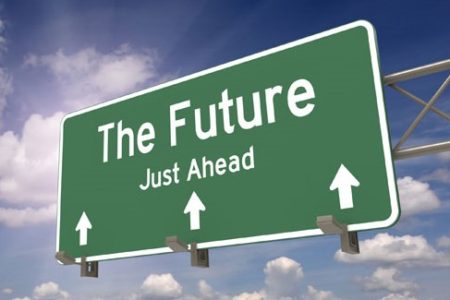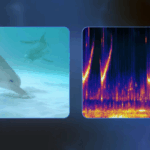August 17, 2019 – As I have continued to write blogs for this website I have evolved into a new profession called a “futurist.” Some call looking at the future, futurology. To me, however, a person who studies “what if” to build future scenarios based on an understanding of the past and present is all that I truly am. My sense of the future comes from myself in history while keeping abreast of any newly published data on a number of subjects. To do this I have constructed a library of information from the web as well as from reading of journals, science and technology publications, newspapers, and books.
Before my wife and I downsized my library contained several thousand books and back issues of scientific journals. Nothing in the library I kept hadn’t been read and when I reduced the volume count to well under a thousand so that we could live in an apartment and not be overwhelmed by these many tomes, it was done with a profound sense of loss. Occasionally when I am doing the research I suddenly remember something I read in one of those books that no longer is on my shelves. Fortunately, there is Google Search to bail me out and provide what I was seeking.
In a recent article in The Economist, entitled Navigating the rapids, it states that “predicting the future is hard.” If we knew the outcome of a campaign and strategy before entering into it, then being a futurist would be easy. Ask anyone who has started a war and lost and you can begin to understand that futurology goes beyond the realm of most of our intuition.
I recently have started answering questions posed by people on Quora, a question and answer website, where I field inquiries on a range of subjects including history, science, and technology. By far the most questions that come to me are focused on climate change. And because I am not the only one fielding these questions, I get to see how other “experts” and “futurists” answer them. I am astonished at times by the perpetuation of climate myths by deniers who often profess to have the right credentials. They are degreed in a field of science and thus feel they can speak about climatology and carbon.
I don’t have the science degree of some of these “experts.” My degree was earned studying Medieval History and the World of Islam. What my degree taught me was how to do research and that let me become knowledgable in many other fields including the work I did in business from publishing to computer science, to software development and documentation, and telecommunications architecture and planning.
I don’t profess to be an expert on climatology. But I am a good reader and have devoured the literature on the subject whether in peer-reviewed journals and books, including the counter-culture literature of climate change deniers. I have interviewed leading scientists, researchers, and thought leaders, and attended conferences to the point that I am more than familiar with the subject.
That’s why readers who come to this blog site have remarked, “boy you write a lot about climate change.”
I tell them there is a reason. As a person with an academic background in history, you study the rise and fall of empires and cultures. What are the causes? What major decisions made by leaders had negative or positive consequences? What outside forces impacted a rise or fall?
That’s a good training ground for doing the “what ifs” exercise when it comes to climate science and global warming. No other subject can have as profound an influence on our future as this one. There are many possible futures that climatologists and earth scientists model in computer simulations that point to a very different world for the generations that will follow me.
The 1.5 Celsius warming scenario will have many consequences including impacts on animal and plant species, security of freshwater and food, and more.
The 2.0 Celsius scenario will be even more earthshaking in potential outcomes.
Even the climatologists cannot predict when and where tipping points will occur that further accelerate the negative consequences of a warming ocean and atmosphere.
Far more worrisome has been the lack of urgency by those who govern us to address the “what ifs.”
What if we continue on our present course, burning fossil fuels into the next several decades?
What if global warming increases mean atmospheric temperatures to more than 2.0 Celsius?
What if ocean sea levels rise a meter by the end of the century?
What if alpine glaciers in the Andes and in the Himalayas melt to the point that the rivers they feed begin to dry up?
What if the Indian Ocean monsoon gets interrupted because the Brazilian rainforests are no longer there?
It would seem to me that governments and businesse today need a lot more futurists to help them navigate the rapids that lie ahead. These futurists may not be able to tell exactly where we will land once we get through the rapids, but at least they can provide some guidance about the paths we choose to follow and the likely end results.









